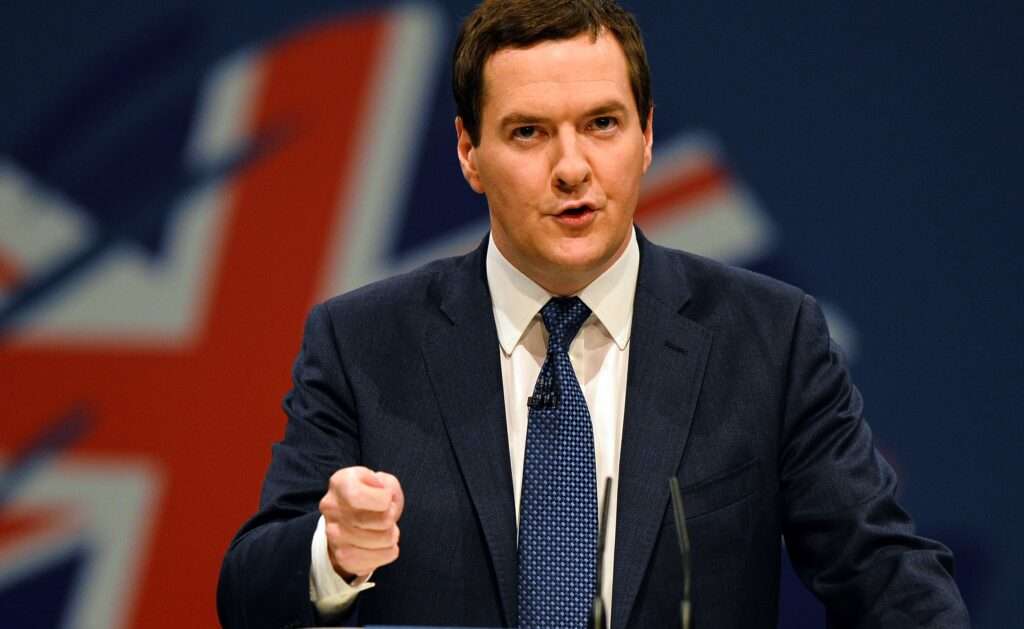Documents obtained through the Freedom of Information Act have revealed that Kemi Badenoch, during her tenure as Business Secretary, directed her department to engage with the Treasury about potential tax relief enhancements following a lobbying effort led by vacuum manufacturer Dyson.
At a June 2023 meeting, Dyson executives, including founder James Dyson, raised concerns over the diminishing effectiveness of the UK’s patent box tax relief. The scheme, which offers reduced corporation tax rates for profits derived from patents, has reportedly become less impactful following recent tax increases.
Ian Robertson, a Dyson board member, highlighted during the meeting that the rising corporation tax had eroded the benefits of the patent box. He urged Badenoch to advocate for increasing the percentage allowance of the tax relief, a suggestion she pledged to explore.
“The patent box tax benefit has worked very successfully, but now that corporation tax has risen, it’s losing its effectiveness,” Robertson said, according to meeting minutes.
James Dyson also voiced concerns about the impact of tax hikes on the company’s ability to invest in research and development. He emphasized that excessive reporting requirements for private companies like Dyson mirrored those for publicly listed entities, an arrangement he deemed inappropriate.
Badenoch reportedly responded by pointing out that corporation tax policy falls under the Treasury’s remit but later instructed her department to follow up on the matter.
In a subsequent letter to the Treasury, Dyson praised the patent box policy as “a very successful policy” enabling high-tech companies to commercialize intellectual property in the UK. However, he argued that the March 2023 corporation tax increase to 25% had not been offset by corresponding adjustments to the patent box.
“If the patent box allowance were to be increased in line with the corporation tax increase, that would go some way to encourage technology companies like Dyson not to move their R&D operations away from the UK,” Dyson wrote.
He warned that the growing tax burden threatened the government’s ambition for Britain to become a “science and technology superpower” by depriving businesses of critical investment funds.
Despite the lobbying efforts, internal Treasury correspondence suggested that no changes to the patent box regime were under consideration. A Treasury official noted there was “nothing particularly interesting to say on it” in response to Badenoch’s department’s inquiry.
Divided Opinions On Tax Policy
Introduced in 2013 by then-Chancellor George Osborne, the patent box aimed to bolster innovation by offering a reduced 10% tax rate on profits from UK-patented inventions. However, subsequent corporation tax cuts diminished its impact over time.

When corporation tax fell to 19% by 2017, the discount offered by the patent box narrowed, making it less attractive. The recent increase to 25% under Rishi Sunak’s leadership has reignited calls to revisit the policy, especially from firms like Dyson, one of the largest patent filers in the UK.
“James Dyson is one of the country’s most successful inventors and entrepreneurs. Kemi was persuaded by his arguments on the patent box tax relief. As Business Secretary, Kemi was always ready to listen to business, in stark contrast to this Labour government that has ignored and ostracised business at every opportunity.”
Kemi Badenoch’s spokesperson
However, Labour criticized Badenoch’s stance, with a party spokesperson asserting, “It comes as no surprise that Kemi Badenoch would lobby for tax changes for the super-rich. “
The Labour spokesperson said that “While Kemi Badenoch campaigns for favourable tax arrangements for the super-rich, Labour stands on the side of working people.”
As of 2022-23, government data shows that 1,600 companies utilized the patent box, claiming £1.5 billion in tax relief, with 94% of the benefits going to large firms. This concentration of benefits has led to debates about whether the policy truly supports innovation or disproportionately favors established corporations.
James Dyson, a vocal critic of increasing tax burdens on R&D investment, continues to advocate for policies that incentivize technological advancements.
While the government has yet to announce any changes to the patent box, the debate highlights the delicate balance between fostering innovation and ensuring equitable tax policies.
READ ALSO: President Akufo-Addo to Deliver Final State of the Nation Address Today





















